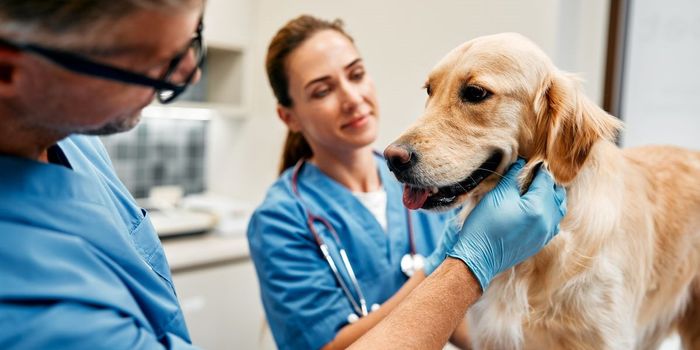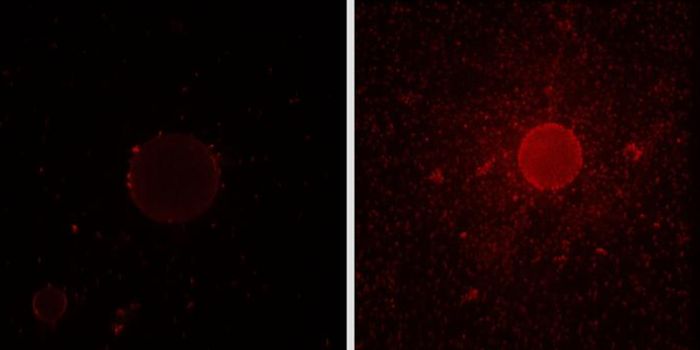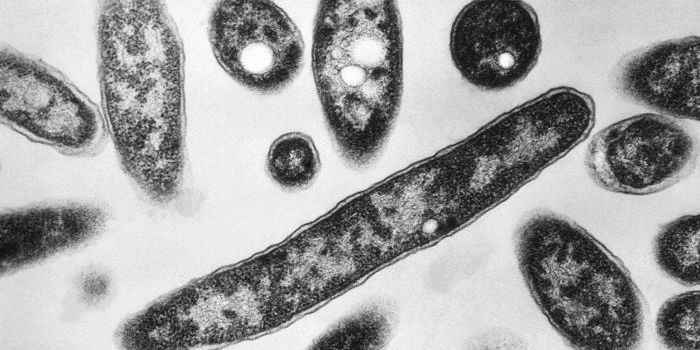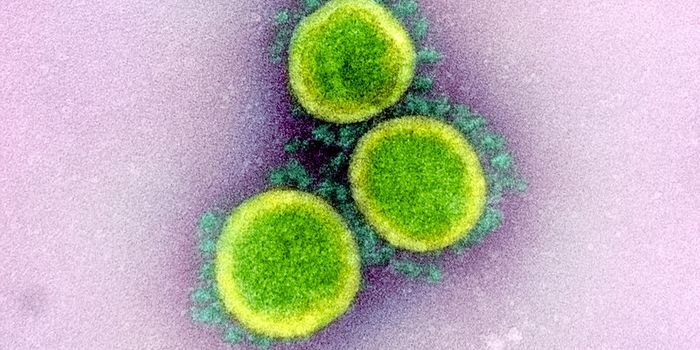The FDA Yanks Some COVID-19 Antibody Tests From the Market
The SARS-CoV-2 pandemic virus has rapidly spread around the world, causing millions of infections and thousands of deaths. The massive demand for diagnostic testing led the Food and Drug Administration (FDA) to open a short window to allow many testing products to go to market without being independently verified, as long as companies did their own testing and notified consumers that the tests had not been validated by another agency.
On May 4, the FDA told the makers of 29 of these tests that it was time for them to be reviewed (leaving 12 antibody tests still available). Now, the FDA is taking some of these tests off the market - find a list here, and more may be removed in the future.
“Our action today is an important step the agency has taken to ensure that Americans have access to trustworthy tests,” said FDA Commissioner Stephen M. Hahn, M.D. “We have seen a high level of collaboration and engagement from developers who want to get this right, and we continue to be available to work extensively with industry to help them with developing accurate tests for the public.”
Stopping the spread of a highly infectious pathogen like this one requires a multi-pronged effort. Disinfection of high-touch and high-use areas, improving people's personal hygiene habits, social distancing, and lockdowns have helped keep the infection rate manageable in most areas in the case of this pandemic, though many have still died.
However, lockdowns can't go on forever, and many people are eager to get back to their usual routines. In order to open up responsibly, it's important to have adequate testing in place so that infections can be identified, and hopefully, we will be able to start tracing the contacts of people who are actively infected, and testing or isolating them. It will also be worthwhile to identify people who have had the infection but remained asymptomatic. And naturally, many people who have had serious illnesses over the past few months but could not be tested for many reasons are still curious about whether they may have had COVID-19.
While PCR-based or molecular tests can detect active infections relatively quickly, antibody tests can show who has been exposed to the virus. PCR tests look for pieces of the viral genome, while antibody tests detect immunoglobulins (antibodies) produced by the body's plasma cells in response to the virus.
There are now 92 approved molecular tests, 12 approved antibody tests, and approved one antigen test, according to Dr. Hahn.








